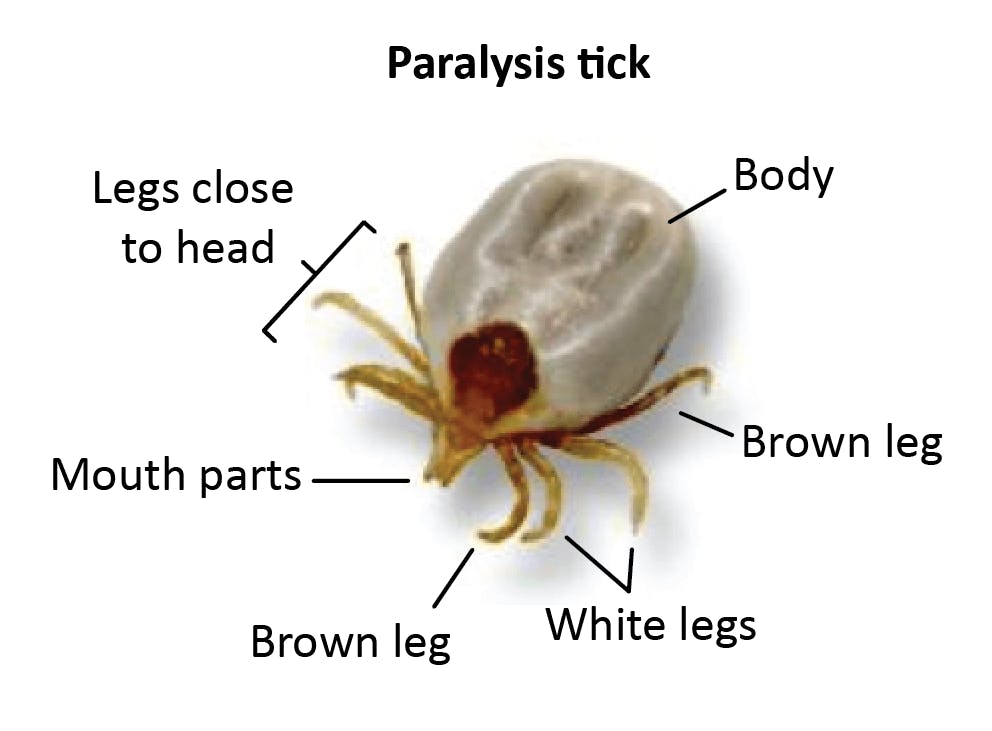Summer First Aid for Dogs

Summer is around the corner and with Summer brings heat, bush fires, ticks, snakes, spiders, parties, fireworks and electrical storms, to name a few. Do you know how to administer first aid to your dog should he/she have an accident or is bitten? It is essential to know the basics of first aid for pets should an emergency occur.
Here are a few common situations that you might find your fur baby in:
Heat Stroke
Heat can affect dogs in fatal ways and with our summers soaring into 40 degree heat we must ensure that our dogs are safe from hot conditions. Dogs do not perspire like we do, they only sweat through their paws. Dogs pant to control their body temperature but if they are panting in hot humid conditions they are not receiving cool air, and this can be extremely dangerous for them.
Prevention:
- Never leave your dog in a car
- Provide plenty of fresh water, shade and cool shelter for outdoor dogs whilst you are not home.
- Avoid walking and exercise in extreme heat
Symptoms:
- High temperature
- Excessive panting and salivating
- Red to blue gums due to inadequate oxygen supply to the tissues.
- Distress
- Muscle weakness
- Mental dullness
- Vomiting or diarrhoea
- Unconsciousness
First Aid:
- Cool your dog down with a wet towel, submerge in cool water or hose your dog
- Offer water in small and regular amounts
- Remove from the hot area
- Hose down area if you can
- Take into a cool room
- Seek Veterinary attention – even if its calling your vet and telling them what you are doing to treat the heat stroke.
Snake Bites
Snake bites can be deadly, and care is to be taken for yourself as well as your dog if you come across a snake. Acting quickly can save your dog’s life. Snakes will normally only strike as a last resort and will try and avoid your dog if possible.
Prevention:
- Keep lawns short and surrounding areas where your dog is housed clear
- When walking through bush and dense areas keep your dog on a short lead
- Try to walk on wide tracks, not narrow ones
- Eliminate areas where rodents such as rats and mice will be attracted to as snakes eat rodents.
Symptoms:
- Sudden weakness, trembling, collapse.
- Vomiting.
- Salivation, drooling, frothing.
- Dilated pupils.
- Respiratory distress.
- Bloody urine.
First Aid:
- Keep your dog calm and quiet
- Apply a firm pressure bandage around and over the bite to slow down the venom traveling to the heart
- Do not wash the area
- Do not apply a tourniquet
- Get your dog to a Vet ASAP
- If possible identify the snake so you can advise your Vet – do not try and catch the snake but if dead, you can take it along or take a photo of it. This will help your Vet determine which antivenom to administer.
Tick Bites
The paralysis tick (Ixodes holocyclus) can be found in bushy coastal areas along the eastern coast of Australia and it's also one of the most dangerous threats to your dog’s health. They are most prevalent from Spring to Autumn however can occur at any time of year.
Paralysis ticks are external parasites that suck the blood from the host animal and it's the ticks salivary glands that produce the toxin that affects the nervous system of the dog. Once paralysis occurs the dog can die in a number of hours unless quickly treated by your vet with anti-tick serum. After initial treatment it can still take 48 hours for the toxin to be removed so your dog can continue to deteriorate during this time.

Prevention:
- Protect your dog with a tick prevention treatment
- Keep your dog’s coat short in warm months as ticks will be easier to detect in short coats
- Do daily tick searches on your dog especially after walks in bush land
- Buy a tick twister and have on you when walking
Symptoms:
- Uncoordination
- Loss of appetite
- Difficulty swallowing
- Weakness
- Collapse
- Vomiting or dry retching
- Change of bark
- Difficulty breathing, noisy panting
First Aid:
- Remove the tick with a tick twister or similar, do not try and burn or spray off
- Do not offer food or drink as your dog’s throat will be paralysed which can cause aspiration
- Keep your dog cool and calm
- Get to your Vet ASAP
At K9SWiM we run first aid courses regularly in our training room for pet owners to learn about all the fundamentals of first aid for their beloved pets, including how to do a tick search and how to apply a pressure bandage along with recognising emergencies, nail care, bites, stings and allergies, poisoning and lots more. Keep checking our short courses page for upcoming dates for our first aid courses.
